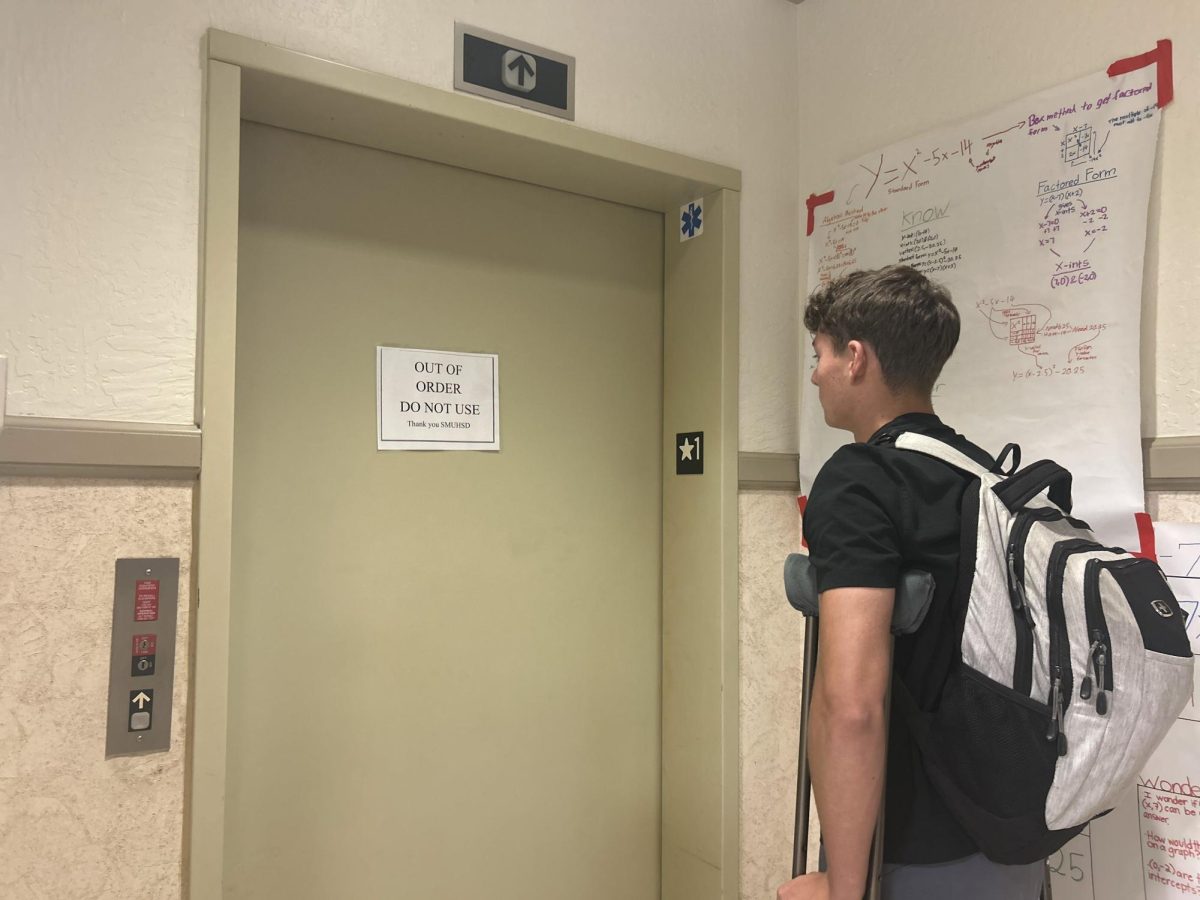Schools glorify extroverts and wrongly alienate introverts
February 20, 2019
Personality types are categorized in two ways: introverted or extroverted. Extroverts derive energy from being in a social setting, while introverts derive energy from spending time in solitude. Shyness and introversion are different; while shy people are afraid of social judgement, introverted people are simply overwhelmed by social stimuli. There are also people who fall in the middle of the spectrum. Unsurprisingly, people with different personality types have different learning styles. Upon closer inspection, it seems like a disproportionate amount of activities in Burlingame classrooms cater to the extroverted student.
The Socratic seminar, for example, is a classroom staple. During these discussions, some students are clearly in their element; they are comfortable thinking on their feet and being the center of attention. Their talents are rewarded not only with a good grade, but also their peers’ admiration. However, students who are introverted are overwhelmed by social stimuli; the Socratic method of learning content can be stressful to the point that it is debilitating.
I believe it is a misconception that collaboration always increases productivity. Individuals who are already knowledgeable about certain topics have no reason to work in a group and risk diluting an idea that was strong to begin with. Executing your own idea with other people may cause the end goal to become muddled. Working in solitude also has the added benefit of “…concentrating the mind on the tasks at hand, and preventing the dissipation of energy on social… matters unrelated to work,” wrote psychologist Hans Eysenck in Susan Cain’s Quiet: The Power of Introverts in a World That Can’t Stop Talking.
There is an obvious association between leadership and extroversion. However, introverts can also make for effective leaders. Some of the most formidable leaders in history were introverts, including former President Barack Obama, who made a habit of spending hours of time alone after dinner. The caution and meticulous thought process introverts employ only exists because of their preference to take a step back from situations and analyze; this process is invaluable in leaders, where sound judgement is a necessity.
In practice, introverts have proven their value. I think it is ironic that many classroom environments value the talkative, argumentative and charismatic individual, while the quiet thinker is encouraged to “speak up” or “get out of their shell.” If every unique individual has something valuable to contribute to a community, then teachers should organize activities to ensure that all students transition into adulthood with the confidence that their personality traits are valuable to the world.









































